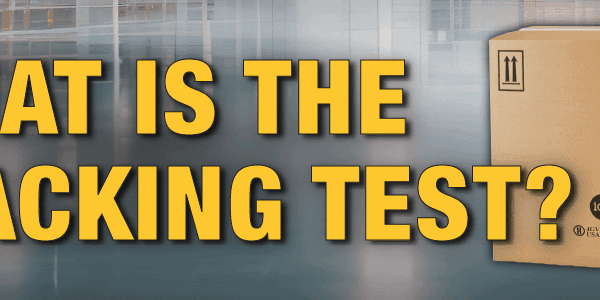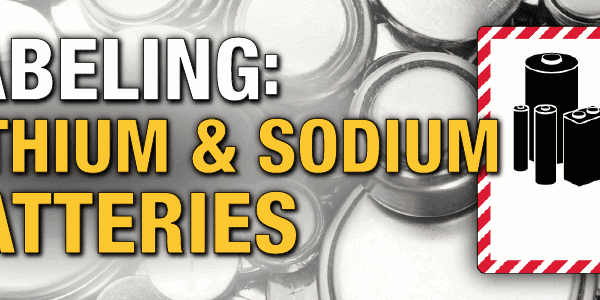
When it comes to the dangerous goods regulations, no matter how big or how small your company is, nobody is exempt from the consequences of non-compliant shipments. Whether your shipment is flagged by an inspector, or worst case scenario is involved in an accident, there are penalties that will be lingering over your company if you choose to go the non-compliant route. Recently, logistics giant UPS allegedly offered a shipment to the company’s in-house airline for transport from Ontario, California, to its World port hub in Louisville, Kentucky. The FAA alleges the shipment failed to comply with various dangerous goods regulations in IATA. In fact, the FAA proposed a $120,000 Civil Penalty Against UPS, Inc. UPS had 30 days after receiving notice to respond.
What happened and what regulations did they not comply with?
While acting as a freight agent on behalf of a customer, a UPS shipment was examined and found to be non-compliant by the FAA per IATA, the specific details and regulations are listed below:
- The various shipments contained multiple loosely packed lithium batteries which had no protection from short circuit, and several of which were in a reactive state, the FAA alleges.
IATA PI 965 states cells and batteries must be protected as to prevent short circuits. In addition, section 1A batteries must be offered at a state of charge not exceeding 30% of their rated capacity per PI 965 Section 1A (c) (See SP A331 for more information). Similarly, 49CFR 173.185 (b) (2) also states that lithium cells or batteries, including lithium cells or batteries packed with, or contained in equipment, must be packaged in a manner to prevent short circuits, movement within the outer package and accidental activation of the equipment.
- Some of the batteries were defective and/or damaged.
In IATA PI 965 (a) for example, it states that cells and batteries identified by the manufacturer as being defective or that have been damaged are completely forbidden for air transport. In addition, per 49CFR 173.185 (f) lithium ion batteries that are damaged, defective and likely to generate a dangerous buildup of heat are forbidden for air transportation on cargo and passenger aircraft.
- The Batteries were not marked or labeled to indicate the hazardous nature of its contents. The FAA also alleges UPS failed to include emergency response information with the shipment.
IATA 7.1.5.5 references the scenarios which would require one or both the lithium battery mark and/or class 9 battery label. In addition per 7.1.5.5.2 (c) a telephone number must be included for additional information on the lithium battery mark.
The moral of the story here is if you are not sure if you are shipping dangerous goods or if you don’t know how to ship dangerous goods, you should get trained. The cost of training next to potential fines is minimal, and you can rest easy knowing that your shipment was packaged and labeled correctly. Here at ICC we are willing to help, as we offer various training courses including lithium battery training. If you are interested please call us at 1-888-442-9628 or visit our website at https://www.thecompliancecenter.com/.
https://www.freightwaves.com/news/faa-proposes-120000-penalty-for-ups-dangerous-goods-violation
We have all the products you need to ensure you’re complying with regulations.






 ICC USA
ICC USA ICC Canada
ICC Canada